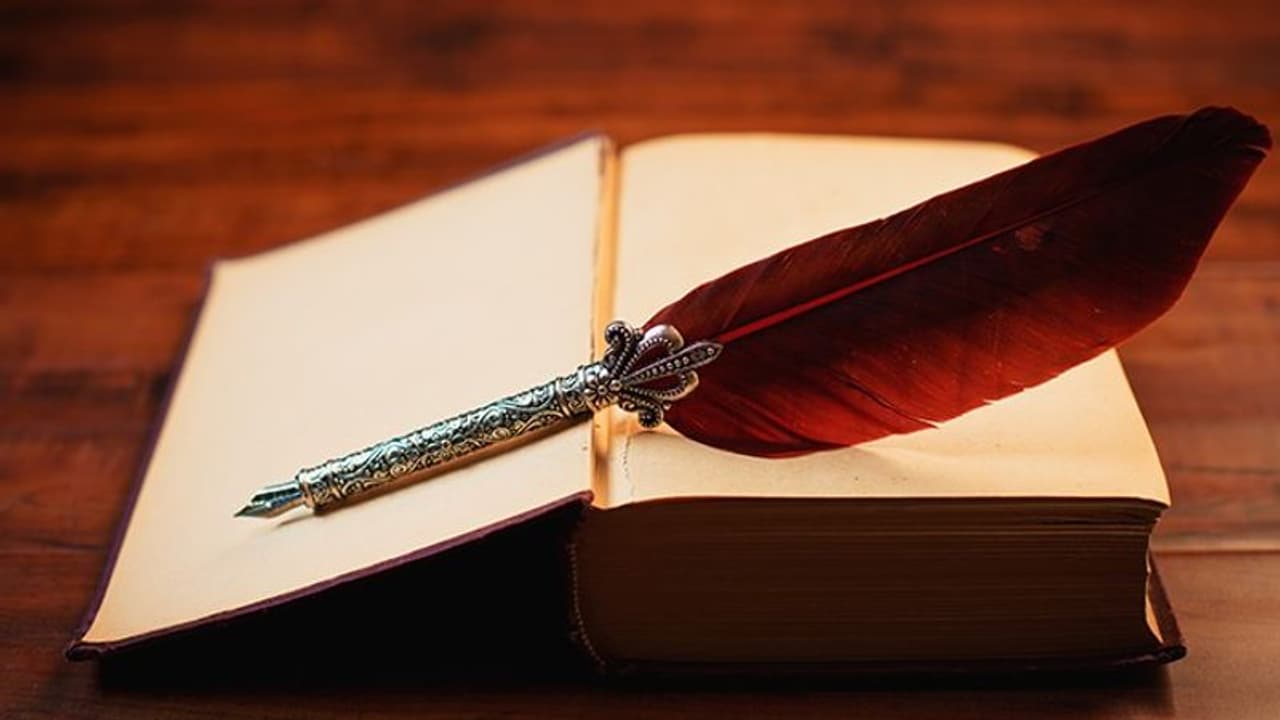World Storytelling Day supports the sharing of stories in various formats, including words, images, music, and theatre, resulting in a lively expression of culture and creativity.
On 20th March, World Storytelling Day is celebrated with much fanfare, and Indian storytellers are creating a unique tapestry of narrative that goes beyond the done and dusted and moves on to not just comedy, romance, but sci-fi, paranormal, and thrillers, too. As storytellers worldwide come together to weave magic with words and celebrate the occasion with their fellows, understanding why and how this medium has survived through the ages has become pertinent.

Enriching our lives in unexpected ways, let’s understand how modern-day storytellers are enchanting listeners with many entertainment choices, including television, films, and the OTT world, at the touch of their fingers.
Also Read: World Oral Health Day 2024: Theme, significance, and tips for care
India’s favourite storyteller, Kahanikaar Sudhanshu Rai, explains who a storyteller is and how to make a story click every time. He said, “A storyteller is a person who can evoke imagination and make you travel from one place to another. He transports you into a different world, be it a faraway kingdom or a jungle or a deserted and haunted town. Just with the words, the storyteller can make you forget reality, and can make you laugh, cry, scared and even feel inspired.
As for what makes a story click, I believe that we must be honest with our listeners and audience and present something unique or different to them. The only universal formula is to create a unique identity for yourself through your work, do justice with your stories and differentiate yourself in this sea of story writers.”
Aditi Gupta, author and storyteller defines a storyteller in her own way and describes how experiencing a story through a book is much different than a storyteller narrating the same, “Books can transport you to another world. But a storyteller can captivate audiences by creating characters, settings, and plots that evoke emotions, convey messages, or simply tell a story. Storytellers tend to have a more impactful home-taking rather than the story or tale just being read. They have a unique tendency to weave words in a compelling manner, transporting the listener to different worlds with emotions, voice modulations, and picturization, giving the audience an everlasting impression that resonates after the story is over. A storyteller can add the cherry on top if they have relatable characters, a compelling plot, and a home-taking. Usually, an audience appreciates an untold story and unexpected developments, giving one a fresh perspective. But tension and pace must be maintained.”
When quizzed about how a storyteller is different from an author or a film director or a story writer, Puneet Sharma, an ace film director and Aditi both had very different views on it. Puneet Sharma, the director of horror-comedy Chaipatti, thriller Detective Boomrah and Chintaa Mani, believes that there is not much difference between them all. He elaborates, “A storyteller, author, director and story writer are ultimately all trying to tell a story. There is not much difference between them, even though they use different mediums to tell their stories. They all showcase different perceptions and different viewpoints of stories that can engross the people who are listening to these stories or watching them in the case of films. Owing to the requirement of the medium, a director gets a team to bring his dream on celluloid, while a storyteller works alone on the story and to present it before the listeners. Sometimes it has been seen that storytellers are narrating stories of others as well.”
Also Read: International Day of Happiness 2024: 7 ways to be happy and content
However, Aditi differs and said, “A storyteller has the upper hand, unlike a director whose role is mainly to bring a story to life on screen, or an author who mainly writes novels, short stories, poems, or publishes books and articles in various magazines. A story writer is similar to an author but focuses on developing character and plot in a narrative context, be it for film, literature, OTT, or other media. However, the storyteller can be the author, the director, and the story writer because they have the power to depict and tell a story the way it is supposed to be told.”
Ultimately, storytellers evoke a myriad of emotions in their listeners as they transport them to a different world. The listeners go back home with everlasting impressions, especially when they experience strong dialogue, vivid imagery, and well-paced dramatic moments. This is precisely why this art has survived through the ages and shall continue to thrive.
